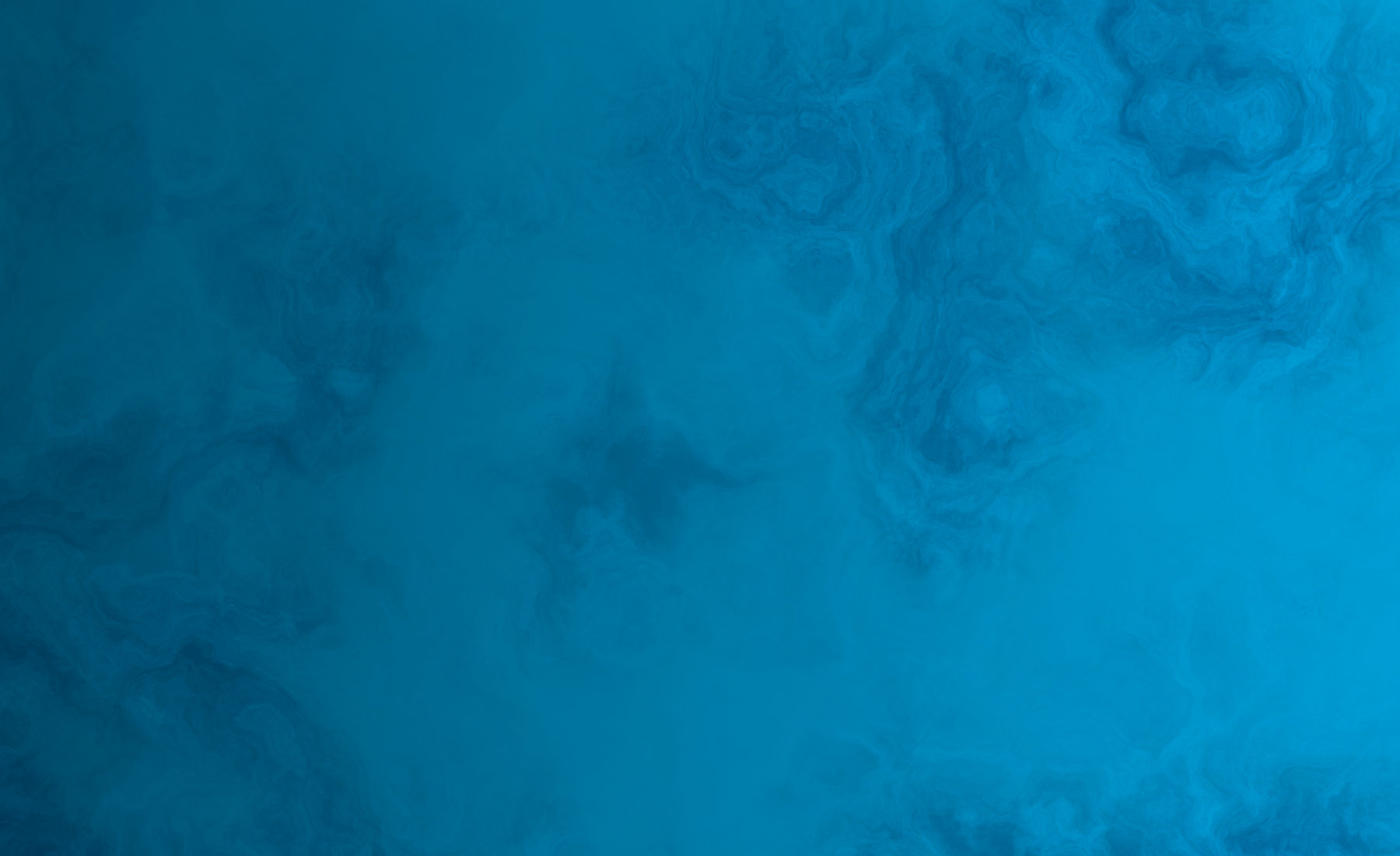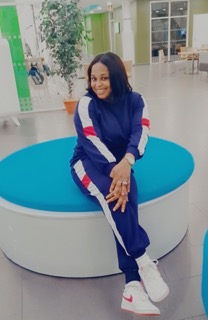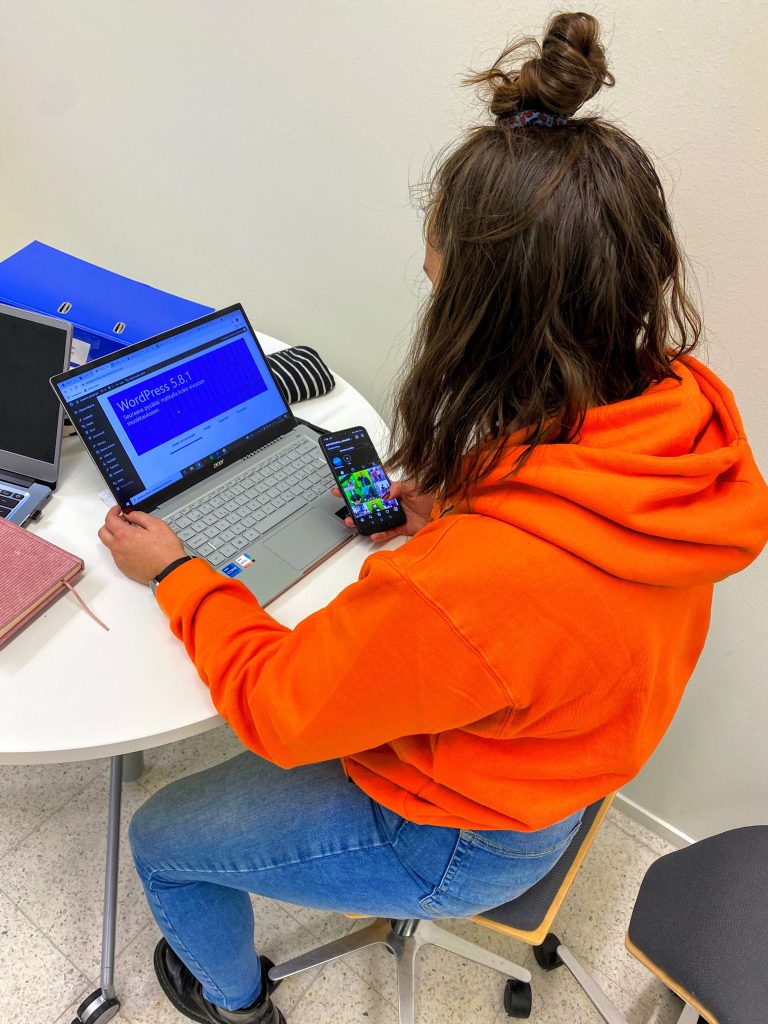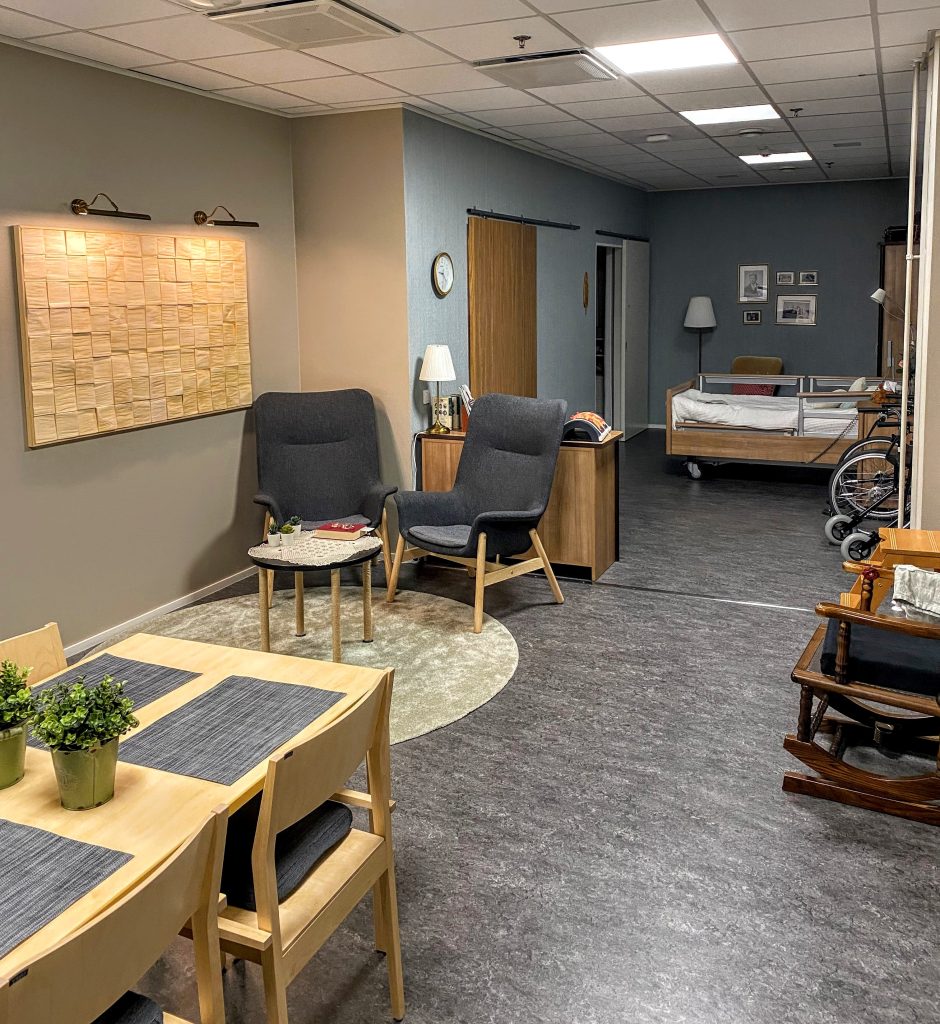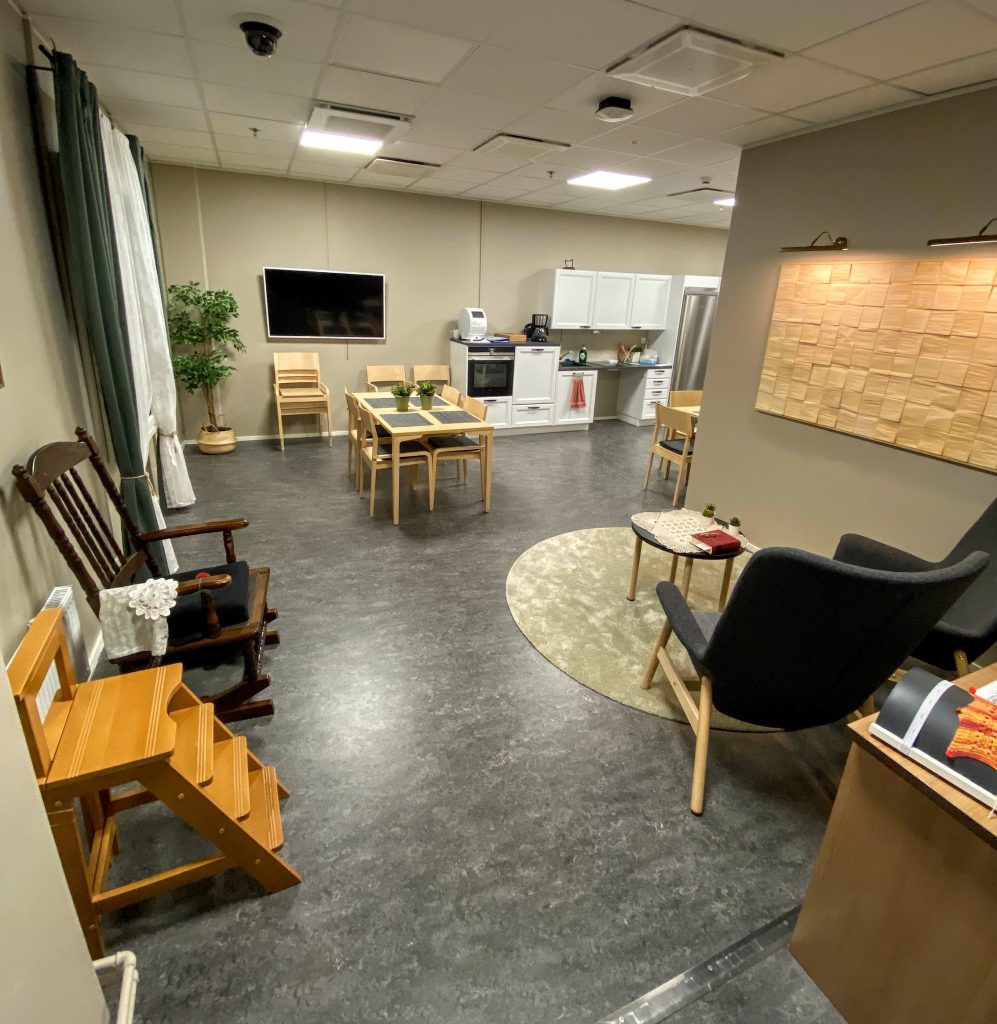Written By : Nursing Student Vanessa Sayang
SAMK’s International Office hosted a “Get Together Day” at Silokallio on April 6, as part of its efforts to welcome exchange students from other nations in 2022. The majority of the participants came from Pori and Rauma campuses.
Me and my three international colleagues were invited to be part of the organising team in Soteekki as part of our practice, primarily to cover for games and other activities for the students. One of our objectives was to introduce Finnish culture and traditions through games and food tastings.
This blog will go into greater detail about the students’ experiences on this eventful “Get Together Day”.
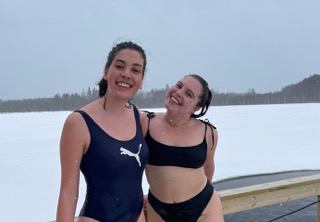
Laura Adorni is an Italian exchange student at SAMK, Pori, studying Business and Administration.
She considers herself bold and adventurous, which is why she chose Finland as her study destination. The natural beauty of Finland drew her in, and she decided to learn more about it by studying here.
She was keen to urge that additional meetings like this be held in the future to foster friendship and camaraderie among international students, particularly at the start of the semester. Students that attended this event were able to participate in the Finnish Easter ritual and sample a variety of unusual Finnish dishes.
She said the most exciting Finnish tradition for her is going to the sauna and she finds the ritual of jumping into the lake afterwards remarkable. “For me, the experience was so weird, yet it gave me a sense of accomplishment,” Laura said.
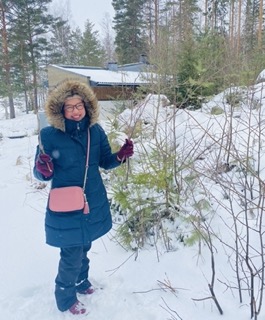
Nutthanicha Thaosing, a Finn-Thai who has lived in Finland for almost nine years and was one of the Get Together Day organisers, is a student trainee at the International Office.
This was her first time seeing all of the international students and faculty members from various universities. She considers easter tradition as one of the most fascinating aspects of Finnish culture.
Nutthanicha was responsible with assisting the international office in the preparation of event programs.
Unfortunately, the cold weather made it impossible to organise all of the activities as planned for the event.
This event was beneficial for her because she aspires to one day work as a customer care representative for an international company.
She has always admired Finns for their punctuality and discipline. Her go-to-place for recreation and relaxation has always been the woods.
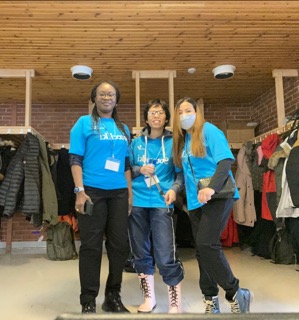
Janet Pitkänen, is a Finn-Ghanian second-year nursing student, got the opportunity to participate in the “Get-Together-Day” for International Students.
Janet participated in this memorable meeting as part of her practical training at Soteekki.
For her, the most interesting part of the event was the socialising. “Even though the students did not know each other, the mood was warm and inviting, ” she said, that “having more events like this is a must-have for the university.”
Since the event presented everyone to Finnish culture, asked as to which part of Finnish cultures she finds most fascinating. “Summer cottages, festivals like Juhannus (Midsummer) where everyone grills all kinds of food. The event starts on a Friday and by Saturday people are drunk, then the building of bonfires (kokko),” said Janet.
When it came to culture and tradition, asked about her favourite tradition back in Ghana and compared to what we have here in Finland. “Sauna”, she said, is an extraordinary Finnish culture.
Also, Finns are quiet individuals, which is in stark contrast to her native nation. She admires this side of Finns because she has wished to be alone and enjoy privacy at times. This is something the Finns have given her that she treasures.
